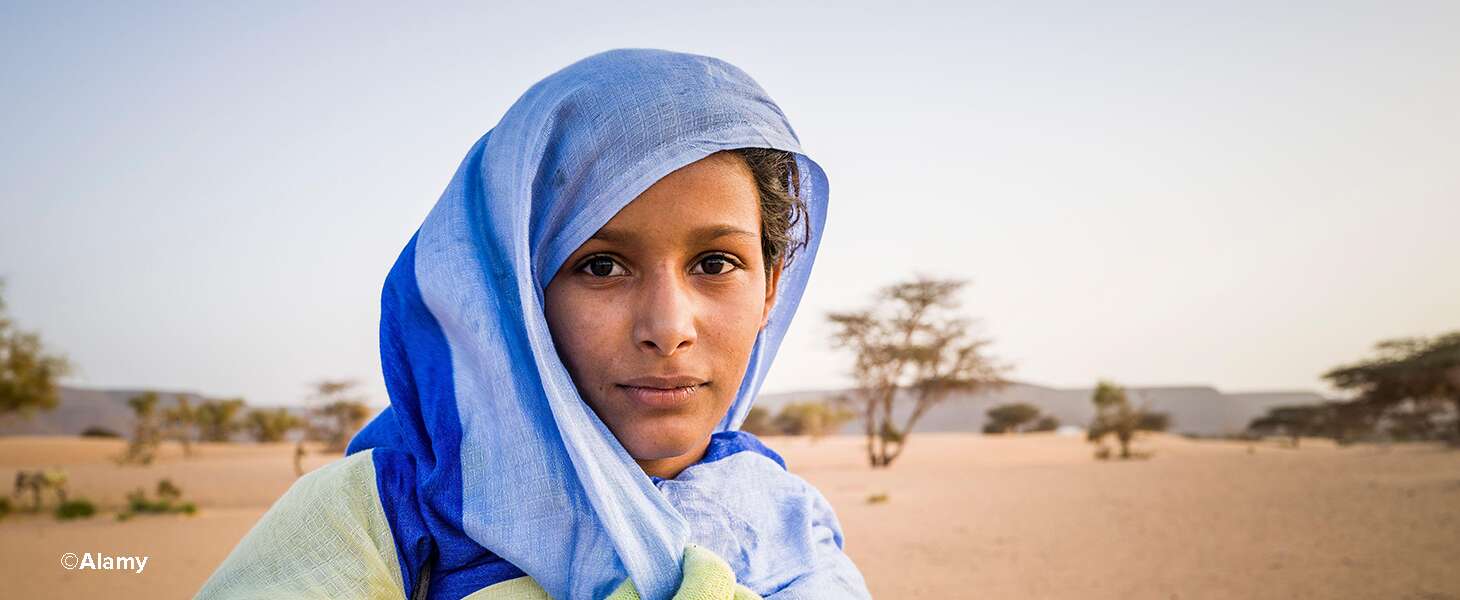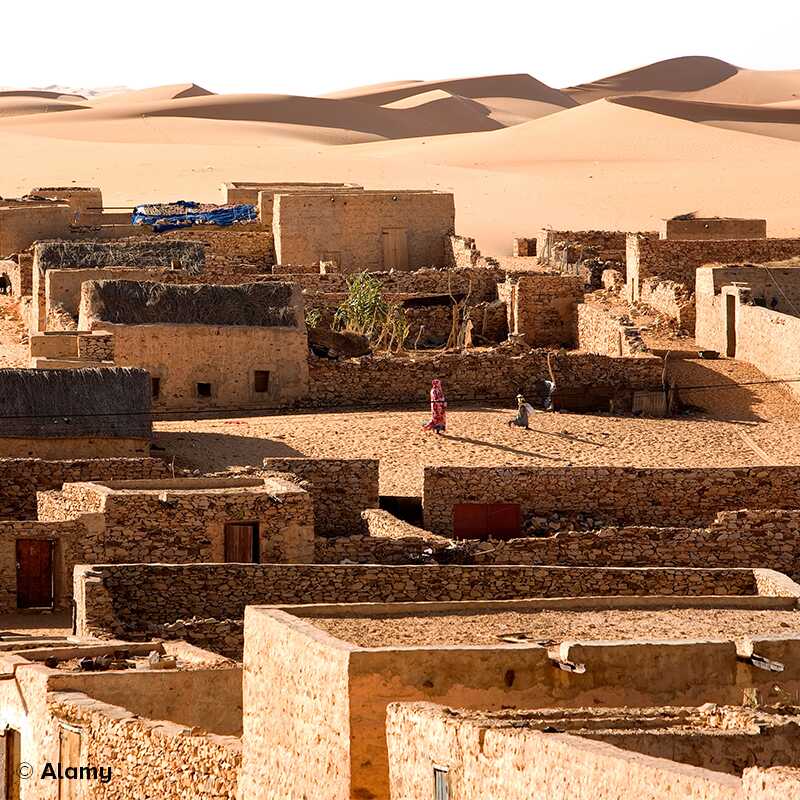





Mauritania is staunchly Islamic and Christian activities are severely restricted, making it difficult for Christians to express their faith. For those who convert from Islam, it’s almost impossible.
Christianity is viewed as a negative Western influence, and Christian converts face severe hostility both from the authorities and from their families. Apostasy is legally punishable by death, although there are no known cases of this in recent years – but the threat remains. Converts risk expulsion from the family home and loss of livelihood; they may even be forced to leave the country. The presence of Islamist extremist groups also constitutes a threat to those who leave Islam. Baptisms can only be carried out secretly but many converts are reluctant to do this, fearing the awful consequences of being discovered.
While visiting or migrant Christians from Western countries are largely left alone, evangelism is strictly forbidden and can lead to prosecution: Christian activities are restricted to designated places of worship. Most Christians in Mauritania are from sub-Saharan Africa and they can face discrimination in employment, because of both racial and faith-based discrimination. They face additional economic difficulties due to the government's 'Arabisation' policy, which leaves less room for foreign workers, especially Christian ones.
Although the growth of the internet and social media helps converts to connect with other Christians, this is still fraught with difficulty due to slow technological development in many regions as well as a lack of privacy within families.
Tribal and family ties are especially strict in rural areas, but even in the capital and largest city, Nouakchott, the pressure on converts from Islam to Christianity can be high. Islamist militants are particularly active in the eastern border regions, posing a threat to Christians.
Baptisms can only be carried out in secret. Many converts from Islam are reluctant to be baptised fearing discovery and charges of apostasy being brought against them. In December 2023, 15 Mauritanian Christian leaders, as well as their family members, were arrested after a baptism video was shared on social media (Morning Star News, 22 December 2023). They were released the same month, but the incident, and the threatening responses to it by radical Muslims, society and the government, shocked the small Christian community in the country.
Open Doors works with local partners and churches in North Africa to provide leadership and discipleship training, livelihood support, legal aid, trauma counselling, Bibles and pastoral care.

Lord God, we thank You for the small number of Christians in Mauritania who have risked everything in choosing to follow You. Draw near to them today and fill them with Your Holy Spirit; remind them that they are precious in Your sight. Help Christians who've converted from Islam to find ways of sharing Your love with their families and communities, so that the church's light will draw many more Mauritanians to You, Amen.
We use cookies and other technologies on our website. Some of them are essential, while others help us to improve this website and your experience. We use them, among other things, to offer you an option for secure donations and anonymously evaluate access to our website. It also allows us to share our own YouTube videos on the website. Depending on the function, the data is passed on to third parties and processed by them. More information on The use of your data can be found in our Privacy Policy. You can revoke or adjust your choice at any time under Cookie Settings.